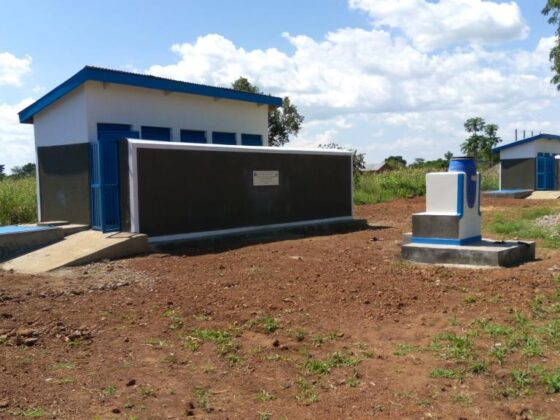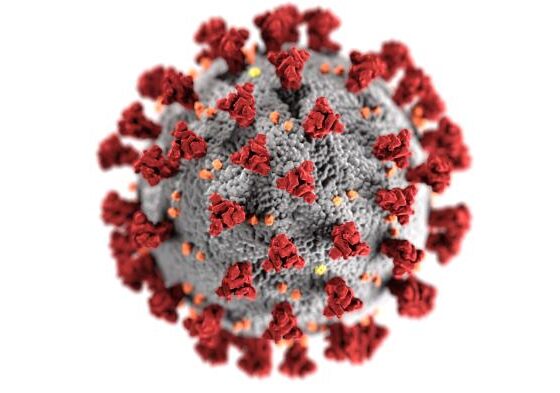Jackline Babirye, a mother of three is still breastfeeding her 3-year old girl and is not bothered by those saying the gal is too old.
“I don’t see myself putting her off the breast; she will refuse it herself,” Babirye says, adding: “I don’t intend to get another baby; maybe that is why I am not bothered.”
On the other hand, Justus Mugisha, a father of two, says his partner refused to breastfeed their son claiming that she did not want her breasts to get distorted.
“I had put the boy on formula, I had no choice. Refusing to breast feed our son put a strain on our relationship,” he says.
Starting next year, people like Mugisha will have a choice since willing and healthy mothers with extra breast milk will be able to donate it to a milk bank being established at Nsambya Hospital, in central Kampala.
The plan, according to Dr Victoria Nakibuuka, the head of the paediatric department at the hospital, is to help preterm or babies to mothers with diseases that cannot allow them breastfeed still access breast milk. The facility will have capacity of storing milk of between 50-100 litres for at least three months.
“It will be a specific fridge storing human breast milk such that it can stay for a very long time. The ordinary fridges cannot keep the milk for all that time,” Dr Nakibuuka was quoted in the media, adding further that only mothers free from sexually transmitted diseases such as HIV/AIDs, hepatitis among others will be eligible to donate.
But why is breastfeeding so important that such an initiative that will cost the hospital an estimated Shs80m, is being started?
Dr Esther Babirekere, a veteran paediatrician at Mulago hospital’s Mwana Mugimu nutrition section, says every mother, unless on serious medical ground, must ensure that her baby is breastfed exclusively for at least six months.
Dr Babirekere says breastfeeding exclusively for at least six months helps the baby to achieve ideal growth rate, brain development and reduces risks of a baby being prone to infections due to poor immunity.
“Breast milk has all the nutrients a baby needs to growth. It is important to breastfeed to enable babies to develop their brains and body organs,” Dr Babirekere says. Even working mothers who are normally given three months maternity leave, she says, can breastfeed if they pump and hygienically keep the milk at home.
She adds that after six months of exclusive breastfeeding, a baby can then be introduced to nutritious complementary foods reach in vitamins, proteins, carbohydrates among others but breastfeeding should continue for at least two years.
According to the World Health Organisation (WHO), breastfeeding of infants with only breast milk, “and no other foods or liquids, for six months has several advantages over exclusive breastfeeding for 3-4 months followed by mixed breastfeeding”.
“These advantages include a lower risk of gastrointestinal infection for the baby, more rapid maternal weight loss after birth, and delayed return of menstrual periods. No reduced risks of other infections or of allergic diseases have been demonstrated” reads parts of the document on the WHO website.
“Breastfeeding contributes to the health and well-being of mothers; it helps to space children, reduces the risk of ovarian cancer and breast cancer, increases family and national resources, is a secure way of feeding and is safe for the environment,” adds the global health body.
Despite the said advantages, the 2018 Uganda Demographic Health Survey and the National Policy Guidelines on Infant and Young Child Feeding, shows that 41 per cent of Ugandan babies are started on breastfeeding within the first hour of birth and sadly, only 60 per cent of infants under six months are exclusively breastfed.
To Dr Fauz Kavuma, a medical officer at Kawempe National Referral Hospital, that trend is worrying because breastfeeding is the surest way to prevent infections and possible death of babies.
“Six months of breastfeeding should be a must if the child is to have good immunity. Breastfeeding is also important for a mother to bond with a mother,” Dr Kavuma says.
“For most mothers because of work schedule, after six months can decide how feeding the baby will be either morning or evening but it should last at for a year. Breastfeed your baby. Your child’s immunity is very important otherwise you will be in and out of the hospital,” he adds.
He adds that even after the baby has stopped breastfeeding, a balanced diet should be maintained throughout the entire life cycle of a human being.
Sadly however, many Ugandans -young and old, are not adhering to a balanced diet advice. For instance, during the budget speech, the Finance, Planning and Economic Development minister Matia Kasaija, said because of poor feeding, at least 53 per cent of children were malnourished and “consequently, Uganda has been spending on average $500m (about Shs1.8 trillion) on treatment of preventable diseases,”
“Despite the variety and quantity of foods that Uganda can produce, 53 per cent of children under five years are malnourished and hence anaemic, and 29 per cent of them are stunted or wasted,” Mr Kasaija says in the budget speech.
He adds: “Many women of reproductive age are also malnourished, with 32 per cent of them being anaemic.”
“In addition, inappropriate feeding, especially among the more affluent, is also a major cause of a surge in chronic non-communicable diseases including coronary heart disease, cancer, diabetes, high blood pressure, and obesity. These maladies are largely attributable to unhealthy lifestyles,” he says.
Information is power, if you have a baby or planning to have one, ensure you breastfeed to ensure a healthy baby. A healthy population is good for a poor country like Uganda since it will spend less on treating poor diet related diseases.
Breastfeeding reduces the baby’s risk of
Obesity
Asthma
Cardiovascular disease
Diabetes (Type2)
Breastfeeding reduces mother’s risk of
Breast and ovarian cancer
Cardiovascular disease
Obesity
Osteoporosis (WHO)









